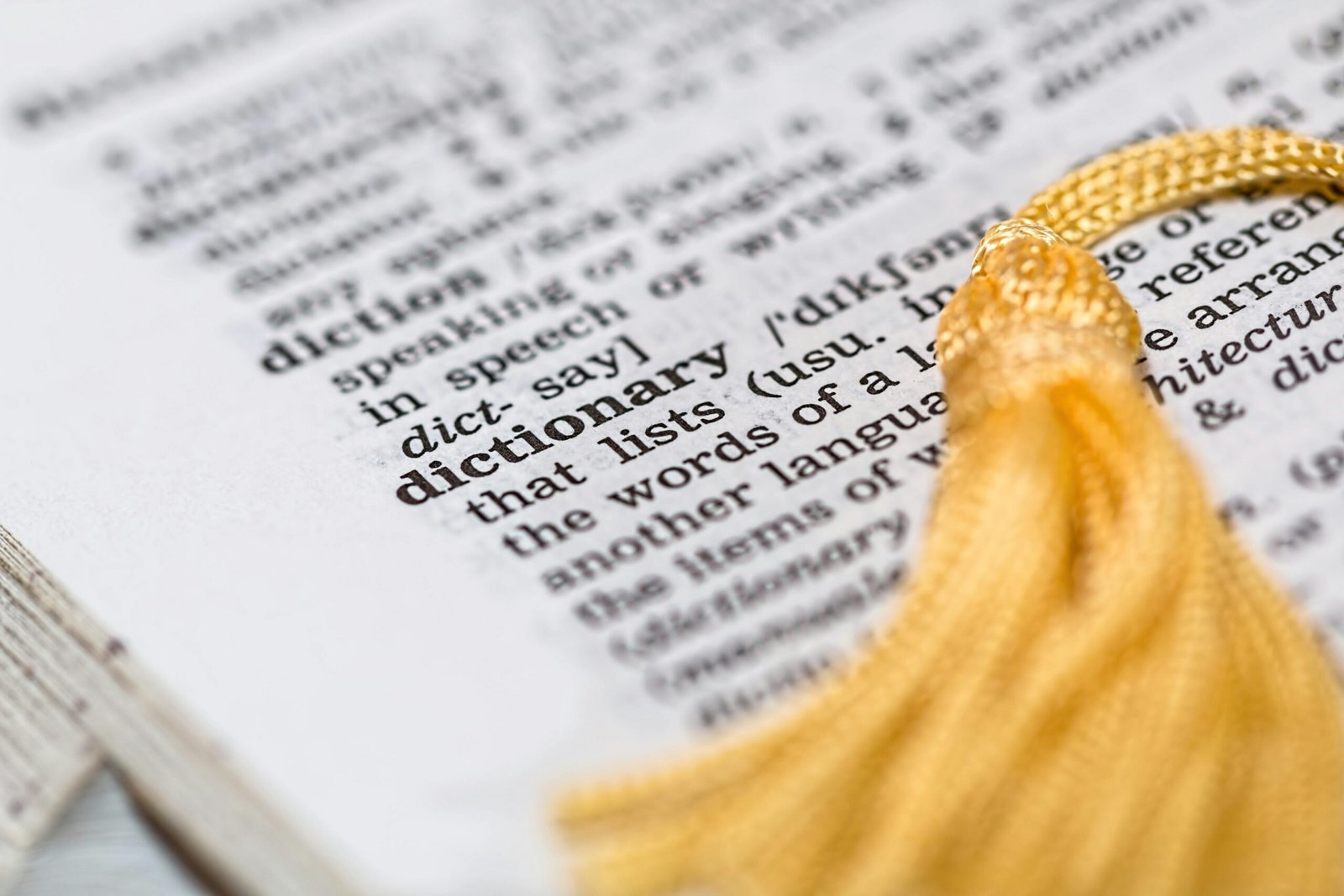Physical Address
304 North Cardinal St.
Dorchester Center, MA 02124
Physical Address
304 North Cardinal St.
Dorchester Center, MA 02124

Key Takeaways
“Ruderne” is the definite plural form of the Danish noun “rude” (windowpane or window). It typically translates as “the panes” or “the windows” depending on context In a sentence: “Der er is på ruderne.” = “There is ice on the windows”
[IMAGE PROMPT: A modern flat‑style table chart showing Danish noun declension for singular/plural, indefinite/definite of “rude” including forms “rude, ruden, ruder, ruderne”.]
| Form | Form in Danish | English Translation |
|---|---|---|
| Indefinite singular | rude | a pane / a window |
| Definite singular | ruden | the pane / the window |
| Indefinite plural | ruder | panes / windows |
| Definite plural | ruderne | the panes / the windows |
“Rude” derives from Middle Low German “rute”, meaning “pane” or “glass” (via trade in the Hanseatic era) Related words in modern Danish include “rudeglas” (window glass), “rudehejs” (pane opener)
Examples:
Some sources show “Ruderne” as a geographic reference, described as a nature-rich location on Zealand, Denmark—possibly meaning “the ruins” in poetic usage—not the grammar term.
Clarify: In Danish language contexts, “ruderne” refers to windows, not ruins. Distinguish usage based on capitalization and context.
In summary:
Checklist for translation learners:
☐ Recognize context (grammar vs place name)
☐ Use correct English equivalent (“the windows/panes”)
☐ Apply accurate pronunciation or IPA for speaking
☐ Infer declension pattern for related words